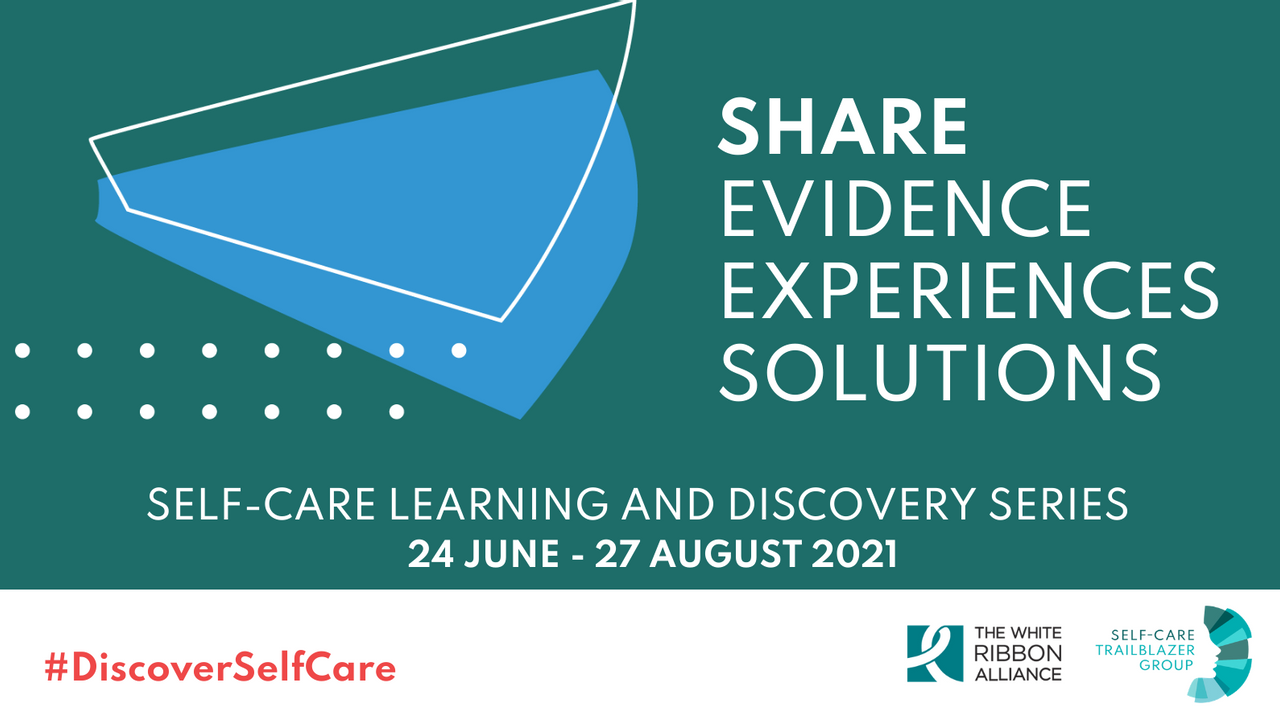Why Health Literacy and Self Care Are So important

Many of us have trouble understanding and using information provided by organisations. We can also have trouble navigating complicated systems like healthcare services. When we use jargon, technical terms or acronyms, it is hard for people with low health literacy to understand and use information.
In fact, it is because of how complicated we have made understanding health literacy that harmful Self Care misinformation based on consumerism has flourished. Too often Self Care is described in fluffy Instagram moments such as going to retreats and buying bath bombs. The reality of this fake news hype is much more levelling.
Know the facts.
Everyone needs a basic theoretical knowledge and understanding of health, disease and self-care. The World Health Organization (WHO) defines health literacy as representing “The cognitive and social skills which determine the motivation and ability of individuals to gain access to, understand and use information in ways to promote and maintain good health”.
- Health literacy is important because…
People with strong health literacy skills enjoy better health and well-being, while those with weaker skills tend to engage in riskier behaviour and have poorer health. Good health literacy skills allow an individual to interpret the information they are given about health, to find and use their own sources of health information and to understand when information is poor or misleading.
At its most basic, health literacy refers to the ability of a patient to understand information given to them by health care professionals. This information can be confusing, complex and is not always designed for a non-clinical audience. One of the most important aspects of health literacy is that it allows a patient to interpret information, whether written or verbal, and understand it.
Beyond this, improving an individual’s health literacy allows them to seek out information about any aspects of their health or lifestyle that they want to know more about. This may range from the simple, such as using a search engine to find information about a new diagnosis, to the complex, such as finding information to design specific exercise regimens or understand the genetic basis of a disorder.
Health literacy also enables people to understand the ‘network’ benefits of self-care. For example, regular tooth brushing and flossing will prevent periodontal (gum) disease, but have also been shown to reduce some forms of heart disease. Exercise is not only good for fitness, but can also reduce the risk of Alzheimer’s disease.
Health literacy also helps individuals to distinguish bad information from good. Modern societies perhaps inadvertently tend to promote unhealthy lifestyles, and often do so in ways that are more prominent or easier to access than information regarding healthier choices. An example would be the abundance of advertising for fast food during prime time television versus the more scant public health messages advertising good food choices. Improved health literacy helps people to recognise this, and interpret it appropriately.
- Lack of health literacy is the cause of…
Poorer health literacy has been shown to result in less healthy choices, riskier behaviour, less self-management, poorer overall health and more hospitalisation. Lack of health literacy at a broader level significantly drains human and financial resources in the health system.
People are not able realise their health potential unless they can control the factors that determine their health, and health literacy is one of the strongest predictors of this control. It is significant that “[health] literacy is a stronger predictor of an individual’s health than income, employment status, education level and racial or ethnic group” (Weiss, 2007).
- WHO recommendations for health literacy…
The WHO Regional Office for Europe released a publication in 2013 entitled “Health Literacy” as part of the “Solid Facts” series which states: “Ideally, a health literate individual is able to seek and assess the health information required: to understand and carry out instructions for self-care, including administering complex daily medical regimens; to plan and achieve the lifestyle adjustments required for improving their health; to make informed positive health-decisions; to know how and when to access health care when necessary; and to share health-promoting activities with others and address health issues in the community and society”.
A more detailed list of the recommended components of individual’s health literacy would include:
- Understanding that people have an opportunity to protect their own health
- Knowing where to look for health information and how to use it
- Knowledge of health and its determinants
- Knowledge of common diseases and their causes
- Knowledge of the major risk factors of cardiovascular diseases, diabetes and of other avoidable risks to health
- Understanding self-care, e.g. WOW Self Care's framework and it's core plinths
- Understanding the value of health screenings at key life points
- Knowing how to use self-care products safely and effectively
- Understanding medicines and vaccines
- Knowing when to seek professional advice
- Knowing how to join, help and motivate others such as family members
- Understanding the indirect determinants of health, such as understanding food labelling
Note: Over the coming weeks we will be sharing informational highlights from our friends at the Self Care For Trailblazers - Self Care Learning and Discovery Series.


